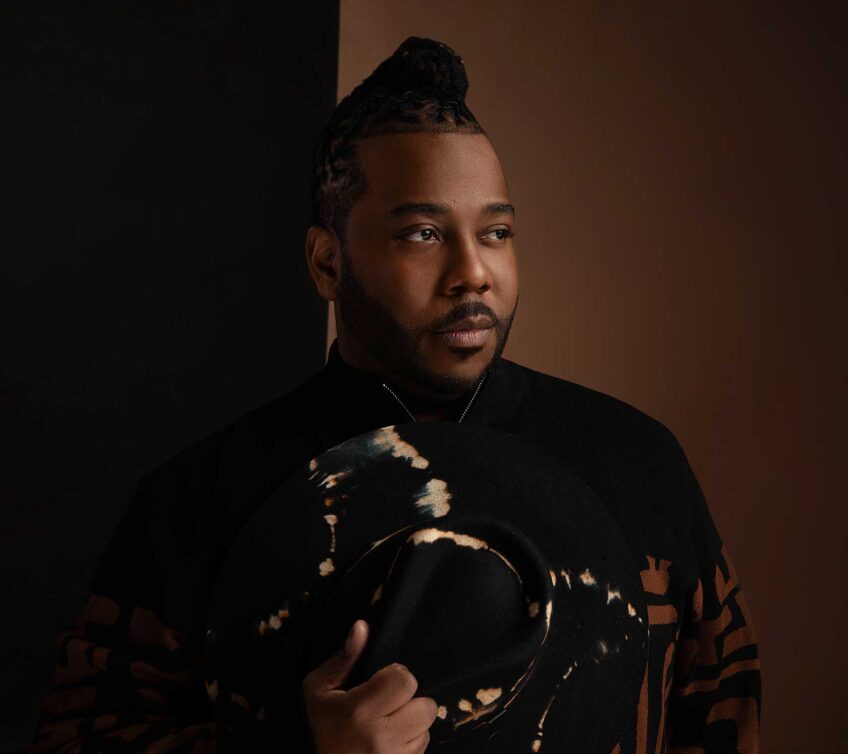
“Women’s Rights are Human Rights,” on display at Northeastern’s 360 Gallery through April 17, provides a heart-wrenching look at present-day gender politics. The 44-poster exhibit, curated by Elizabeth Resnick, professor emerita of graphic design at the Massachusetts College of Art and Design, features work from domestic and international artists on the themes of equality and humanity.
On the web
The exhibit ”Women’s Rights are Human Rights” is on display through April 17 at the 360 Gallery at Northeastern. For more information, visit: https://camd.northeastern.edu/cfa/events/womens-rights-human-rights
The “UN Women” series, developed as a creative idea by ad agency Memac Ogilvy Dubai, features close-up images of models representing women from around the world, their mouths covered by a search bar containing the phrase “women shouldn’t,” with drop-down autocomplete options. The phrases, taken from real Google searches conducted in Dubai in 2013, reveal how misogyny in one society makes it online, globally.
Among the most-displayed search terms in “UN Women – Women Shouldn’t”: women shouldn’t have rights; women shouldn’t vote; women shouldn’t work; and women shouldn’t box.
WBA heavyweight champion Alejandra Jiménez begs to differ.
The ad is multilayered. The word searches reveal a startling prejudice, but the design reinforces how women are repressed. The placement of the search box over the women’s mouths evokes the roar of bigotry drowning out their daily battle against it. Beneath each image, the text is corrected. In “Women Shouldn’t” it becomes “Women shouldn’t suffer from discrimination anymore.”
“In collecting these materials, my thrust was to touch upon the most important (in my opinion) aspects of this discrimination and violence that many women face on a daily basis,” said Resnick in an interview for Print Magazine. Those aspects are varied, covering rape and genital mutilation in tandem with catcalling and the wage gap, just in time for Women’s History Month.
The exhibit is a commentary on the advertising industry, which historically has objectified women and presented sexist content to sell products. These posters appropriate this oppressive medium for the purpose of empowering and informing.
The Taproot agency’s “Abused Indian Goddess” series depicts different Hindu goddesses scarred with cuts and bruises.The poster text states that more than 68 percent of women in India are victims of domestic violence, and lists a hotline number to call for help. The underlying message is that anyone can be a victim, even the revered goddesses. Most striking of these is Durga, worshipped for her strength and invincibility. She stares directly at the camera, a mascara stained tear running down her cheek. Two cuts stain her face with harsh purple bruising, a startling contrast to the green and gold jewels laid on her.
“Women’s Rights” is about empowerment. More than that, it’s also about exposing the cruelties women suffer regularly. Looking up at a graphic billboard about sexual abuse, many people would shudder — but many women would look up and see themselves and their struggles finally projected on the world stage.



![Banner [Virtual] Art Gallery](https://baystatebanner.com/wp-content/uploads/2024/04/Cagen-Luse_Men-at-store-e1713991226112-150x150.jpg)

![Banner [Virtual] Art Gallery](https://baystatebanner.com/wp-content/uploads/2024/04/Cagen-Luse_Men-at-store-e1713991226112-848x569.jpg)

